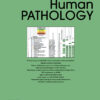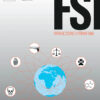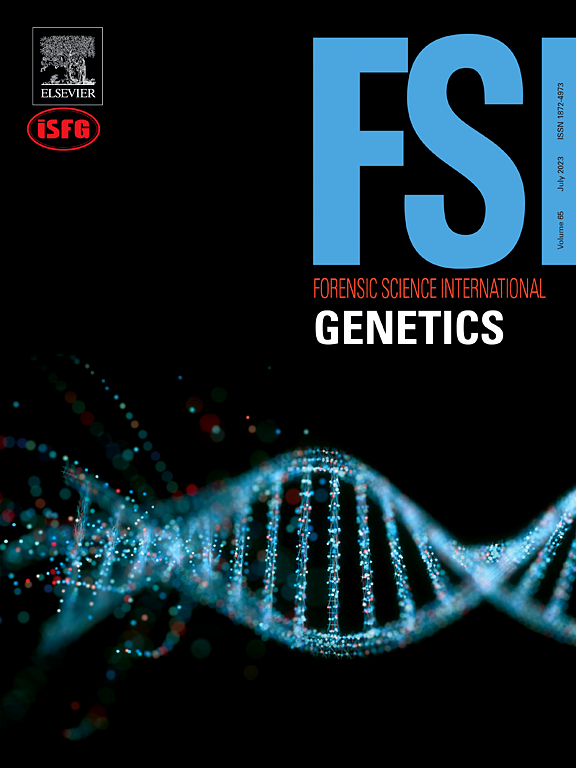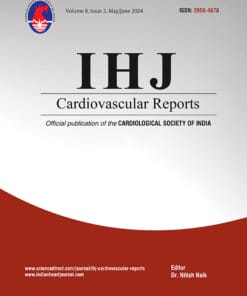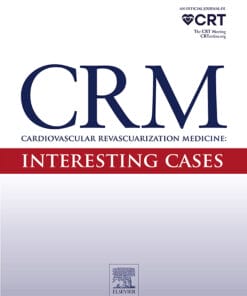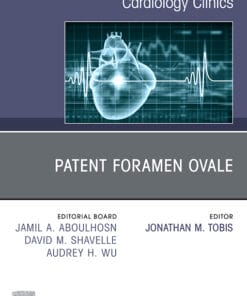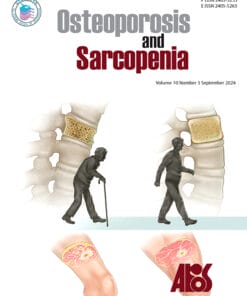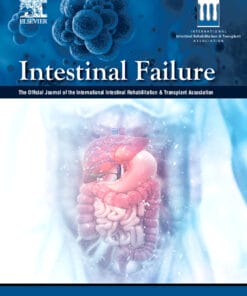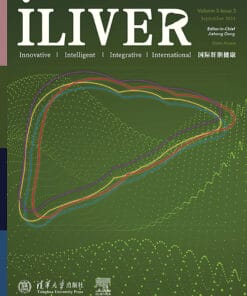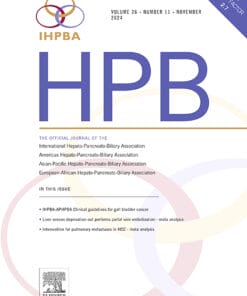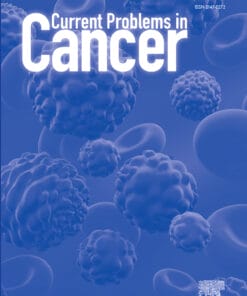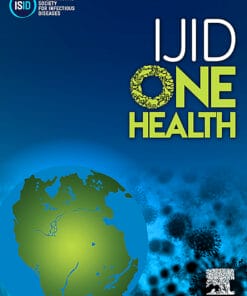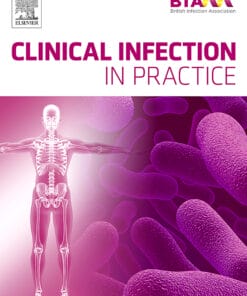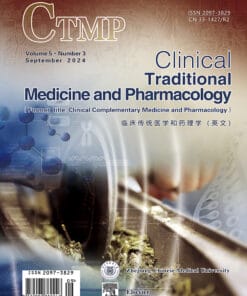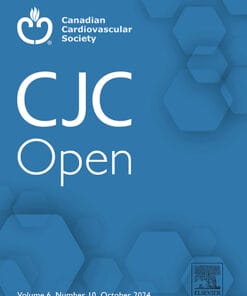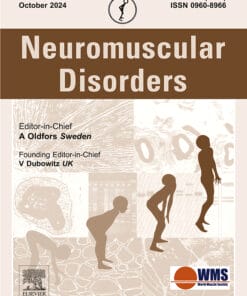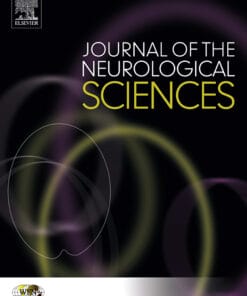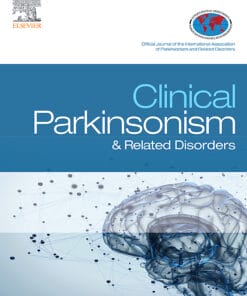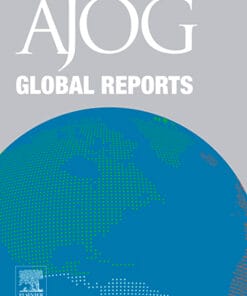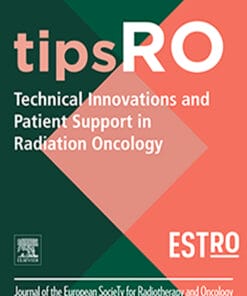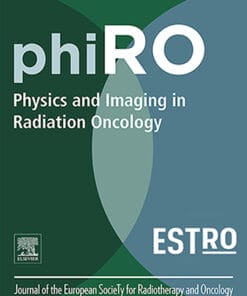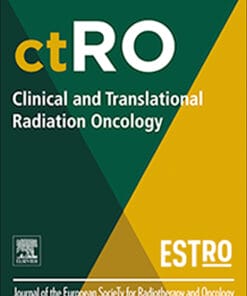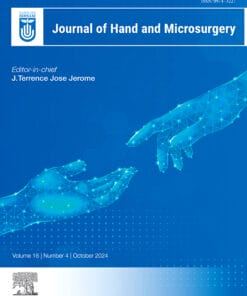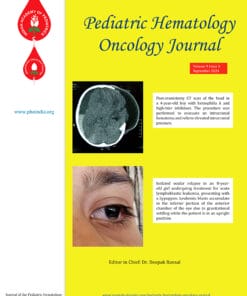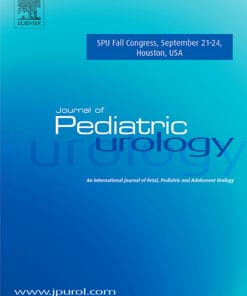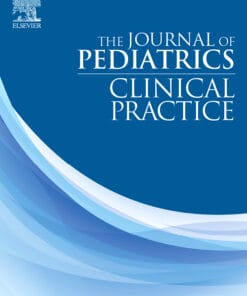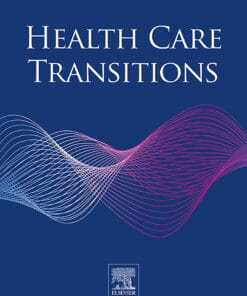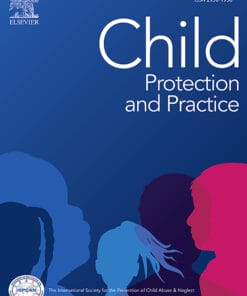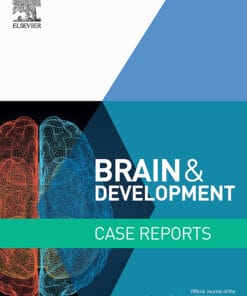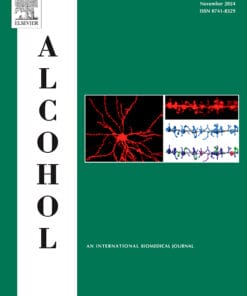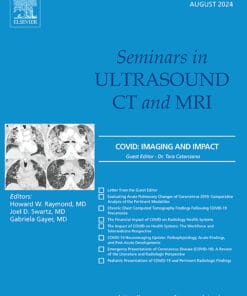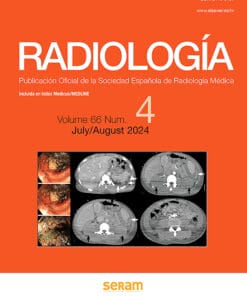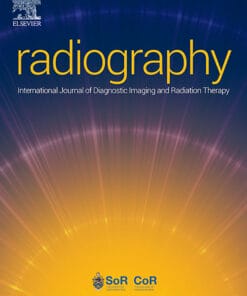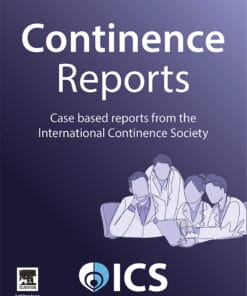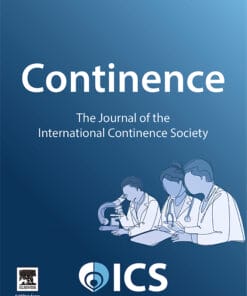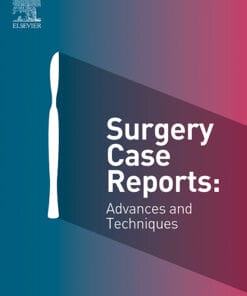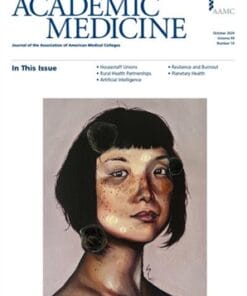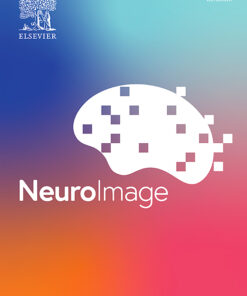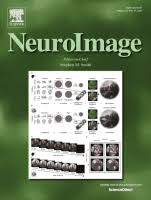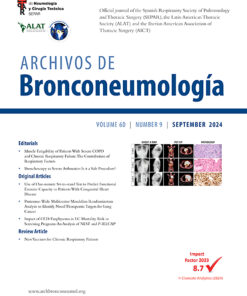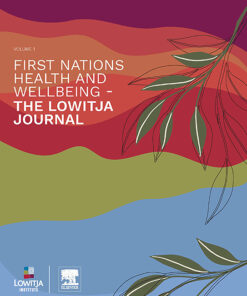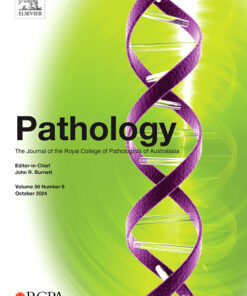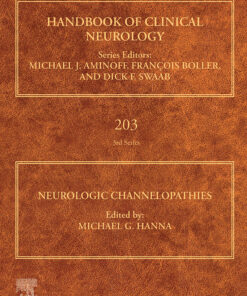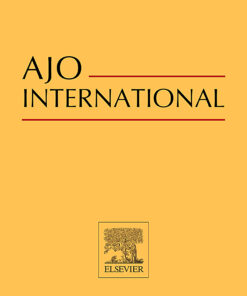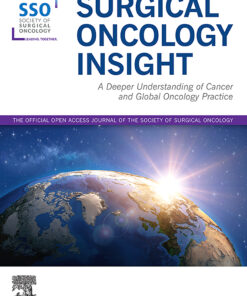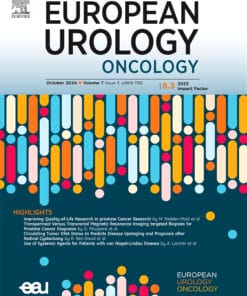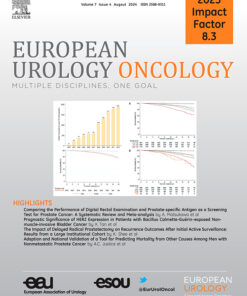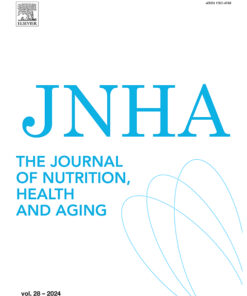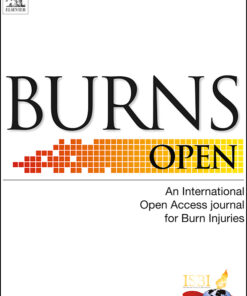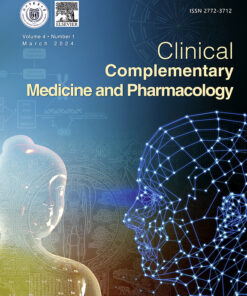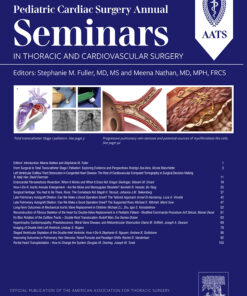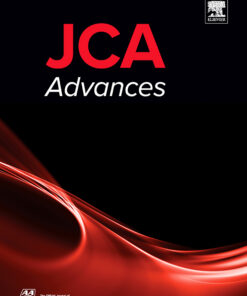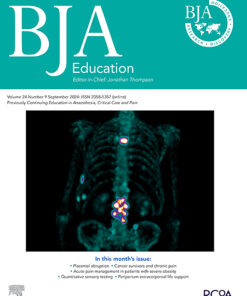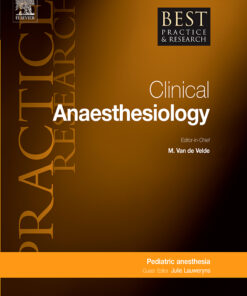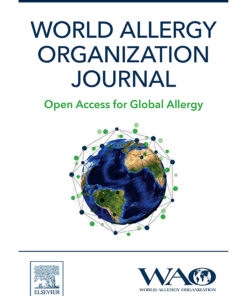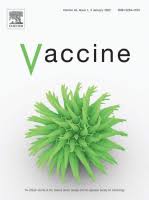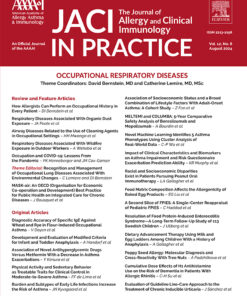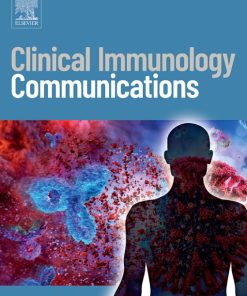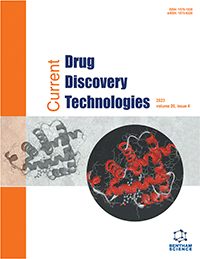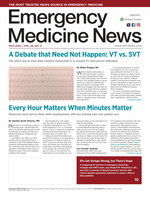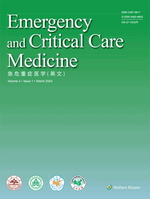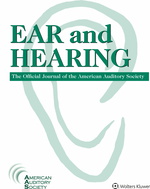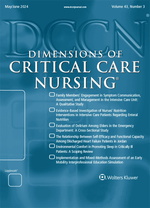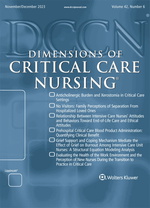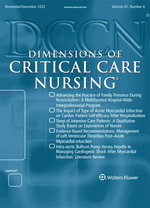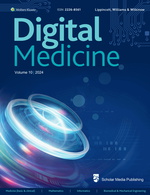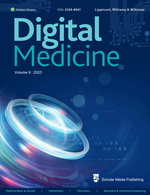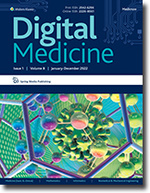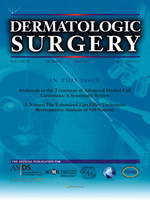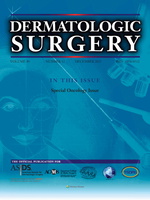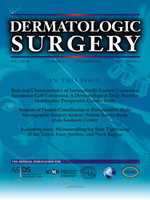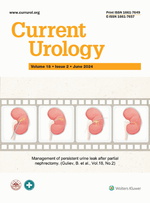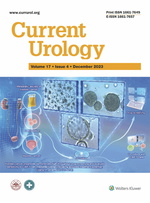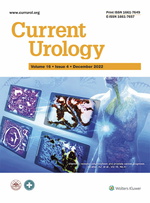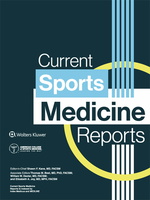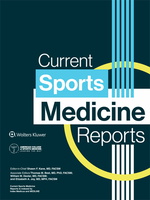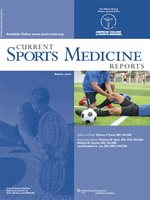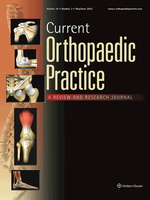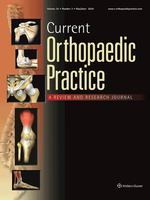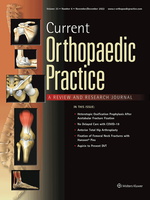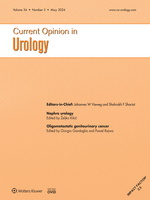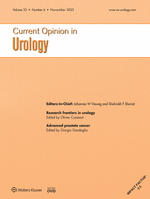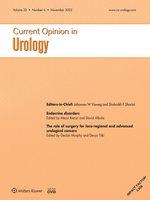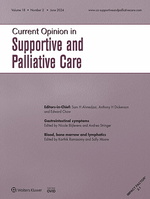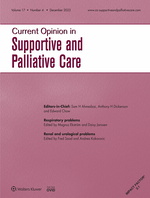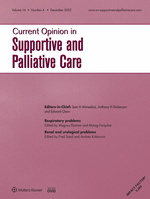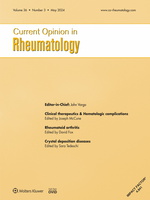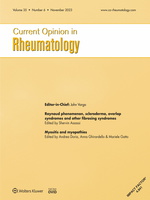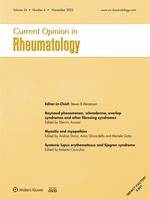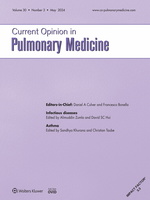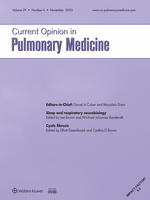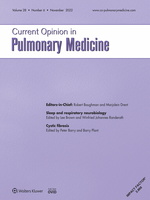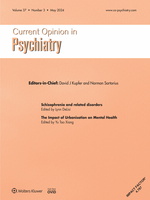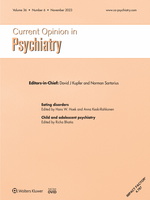Forensic Science International: Genetics is the leading journal in the field of Forensic Genetics, focusing on the application of genetics to human and non-human material for resolving legal conflicts. The journal encompasses a broad scope of topics related to forensic genetics, including the analysis of inherited characteristics, population genetics, DNA typing methodologies, biostatistical methods, evaluation of DNA evidence, standards in forensic genetics, quality control, criminal DNA databases, and ethical and legal issues in the field.
The specific areas covered by the journal include the forensic applications of human polymorphisms, such as paternity testing, family relationships, immigration cases, and the analysis of biological stains and tissues in criminal investigations. It also highlights human polymorphisms of forensic interest, including autosomal DNA polymorphisms, mini- and microsatellites (STRs), single nucleotide polymorphisms (SNPs), X and Y chromosome polymorphisms, and mtDNA polymorphisms. Non-human DNA polymorphisms for crime scene investigation are also explored.
Population genetics of human polymorphisms relevant to forensic applications are a significant focus, with a particular emphasis on providing population data for solving forensic problems. The journal also covers DNA typing methodologies and strategies, biostatistical methods in forensic genetics, and the evaluation of DNA evidence using classical and new statistical approaches.
Forensic Science International: Genetics provides a platform for discussions on standards in forensic genetics, including recommendations from regulatory bodies, methods, markers, interpretation strategies, procedural standards, and technical standards. It also addresses quality control and quality assurance strategies, proficiency testing for DNA typing methodologies, and the technical, legal, and statistical issues surrounding criminal DNA databases.
In line with ethical publication guidelines, the journal actively promotes inclusivity and representation in its publications. It aims to foster a culture of responsible and unbiased scientific communication. For any inquiries regarding submissions, authors are encouraged to contact the Editor-in-Chief, who oversees the editorial process and can provide guidance and support.
Volume 56: January 2022
Volume 57: March 2022
Volume 58: May 2022
Volume 59: July 2022
Volume 60: September 2022
Volume 61: November 2022
Volume 62: January 2023
Volume 63: March 2023
Volume 64: May 2023
Volume 65: July 2023
Volume 66: September 2023
Volume 67: November 2023
Volume 68: January 2024
Volume 69: March 2024
Volume 70: May 2024
Volume 71: July 2024
Volume 72: September 2024
Volume 73: November 2024
| Volume | Volume 56: January 2022, Volume 57: March 2022, Volume 58: May 2022, Volume 59: July 2022, Volume 60: September 2022, Volume 61: November 2022, Volume 62: January 2023, Volume 63: March 2023, Volume 64: May 2023, Volume 65: July 2023, Volume 66: September 2023, Volume 67: November 2023, Volume 68: January 2024, Volume 69: March 2024, Volume 70: May 2024, Volume 71: July 2024, Volume 72: September 2024, Volume 73: November 2024 |
|---|
Related Products
Journals/Articles
Journals/Articles
Cardiovascular Revascularization Medicine: Interesting Cases PDF
Journals/Articles
Journals/Articles
Journals/Articles
Journals/Articles
Journals/Articles
Journals/Articles
Journals/Articles
Journals/Articles
Journals/Articles
Journals/Articles
Journals/Articles
Journals/Articles
Journals/Articles
Journals/Articles
Journals/Articles
Journals/Articles
Journals/Articles
Journals/Articles
Journals/Articles
Journals/Articles
Journals/Articles
Technical Innovations & Patient Support in Radiation Oncology PDF
Journals/Articles
Journals/Articles
Journals/Articles
Journals/Articles
Journals/Articles
Journals/Articles
Journals/Articles
Journals/Articles
Journals/Articles
Journals/Articles
The American Journal of Geriatric Psychiatry: Open Science, Education, and Practice PDF
Journals/Articles
Journals/Articles
Journals/Articles
Journals/Articles
Journals/Articles
Journals/Articles
Journals/Articles
Journals/Articles
Journals/Articles
Journals/Articles
Journals/Articles
First Nations Health and Wellbeing – The Lowitja Journal PDF
Journals/Articles
Journals/Articles
Journals/Articles
Journals/Articles
Journals/Articles
Journals/Articles
Journals/Articles
Journals/Articles
Journals/Articles
Journals/Articles
Journals/Articles
Seminars in Thoracic and Cardiovascular Surgery: Pediatric Cardiac Surgery Annual PDF
Journals/Articles
Journals/Articles
Journals/Articles
Journals/Articles
Journals/Articles
The Journal of Allergy and Clinical Immunology: In Practice PDF
Journals/Articles
Journals/Articles
Journals/Articles
Journals/Articles
Journals/Articles
Journals/Articles
Journals/Articles
Dimensions of Critical Care Nursing: Volume 43 (1 – 3) 2024 PDF
Journals/Articles
Dimensions of Critical Care Nursing: Volume 42 (1 – 6) 2023 PDF
Journals/Articles
Dimensions of Critical Care Nursing: Volume 41 (1 – 6) 2022 PDF
Journals/Articles
Journals/Articles
Journals/Articles
Journals/Articles
Journals/Articles
Journals/Articles
Journals/Articles
Journals/Articles
Journals/Articles
Journals/Articles
Current Sports Medicine Reports: Volume 22 (1 – 12) 2023 PDF
Journals/Articles
Journals/Articles
Current Sports Medicine Reports: Volume 21 (1 – 12) 2022 PDF
Journals/Articles
Journals/Articles
Journals/Articles
Journals/Articles
Journals/Articles
Journals/Articles
Journals/Articles
Journals/Articles
Journals/Articles
Journals/Articles
Current Opinion in Pulmonary Medicine: Volume 30 (1 – 3) 2024 PDF
Journals/Articles
Current Opinion in Pulmonary Medicine: Volume 29 (1 – 6) 2023 PDF
Journals/Articles
Current Opinion in Pulmonary Medicine: Volume 28 (1 – 6) 2022 PDF
Journals/Articles
Journals/Articles


